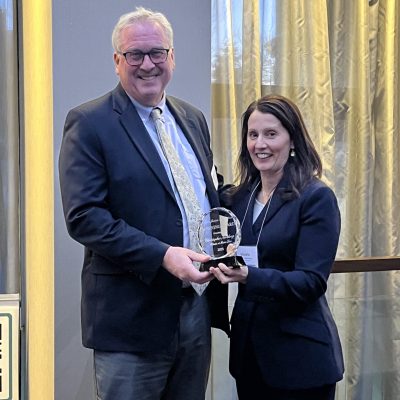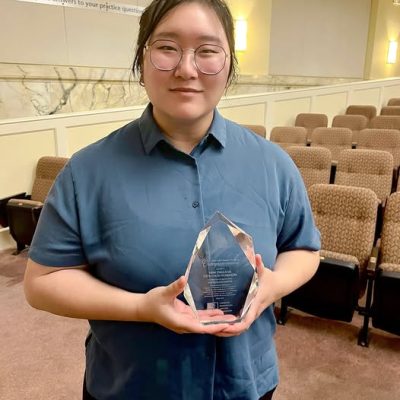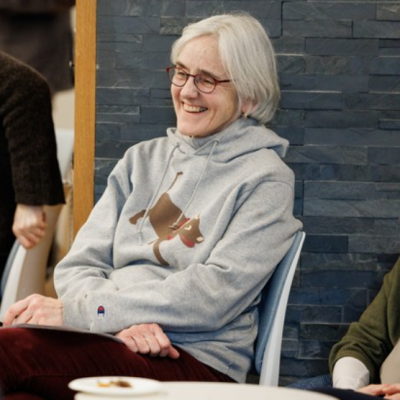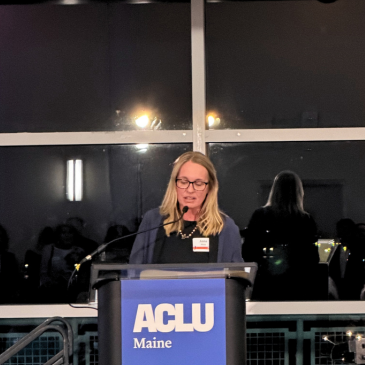In celebration of Black History Month, we look back on our own history at the University of Maine School of Law, where the first leader of color did not arrive until 53 years after the Law School’s establishment in 1962. Following an extensive national search, Danielle Conway was selected to follow Peter Pitegoff as Dean of Maine Law in 2015.
“Danielle Conway’s passion for the Rule of Law and Access to Justice still reverberates across many Maine Law initiatives today. Her drive and commitment have led Danielle to break many barriers, including here in Maine where she became the first Person of Color to serve as Dean of Maine Law. Maine Law’s Rural Practice Program and the Plus program, which brings high school students from underrepresented groups to the Law School for an immersive summer program, both owe their beginnings to Dean Conway.”
-Maine Law Dean Leigh Saufley
Macon Bolling Allen was the first name off Danielle Conway’s lips, during 2022’s Black History month, when discussing why she was interested in coming to Maine.
Conway, who served as The University of Maine School of Law’s first Black Dean from 2015 -2019, said Maine has a compelling history of firsts when it comes to the law. Allen was the first Black person on record in the U.S. to receive his law license and practice law, both of which he accomplished in Portland, Maine.
“This history alone, the opportunity to follow in the tradition of firsts, was definitely an initial draw for me,” Conway reflected. “I was also attracted to Maine Law because it is the public and only law school and the only law school in the state. I am a steward of public education, especially as public education encompassed the post-Civil War aspiration of a more equal society and the initial, urgent question of how we begin to educate formerly enslaved Black people.”
Conway now serves as the Penn State Dickinson Law Dean and recently established the Macon Bolling Allen Civil Rights and Transitional Justice Program, a nod to Allen’s legacy and a reminder of the history she is now part of.
With President Biden’s recent nomination of Judge Ketanji Brown Jackson to be the first Black woman sitting on the U.S. Supreme Court, Conway is again reflecting on the significance of being first, both in a personal and a historical context.
“What does it mean to be the first in these situations where people are seeing a Black woman leader in that role for the first time?” Conway asked. “On the one hand, you have to expend a lot of energy sometimes to bring people along on whatever your mission is. On the other hand, you also have the opportunity to shake up the status quo because people don’t know what to expect.”
This experience will likely hold true for whichever candidate fills the vacant Supreme Court seat, Conway said.
At the same time, she added, you can get too caught up in getting there first. It is an achievement, but the real significance lies in what you accomplish in that role. For Conway, her focus remains trained on the work not the novelty of her existence.
“I had 27 years of combined active, reserve, and National Guard service,” she continued. “I come into a place knowing who I am and what my mission is, that’s just my muscle memory at this point.”
Conway remains energized in her support of curricula and law programs that are anti-racist and, she hopes, will produce many more firsts.








